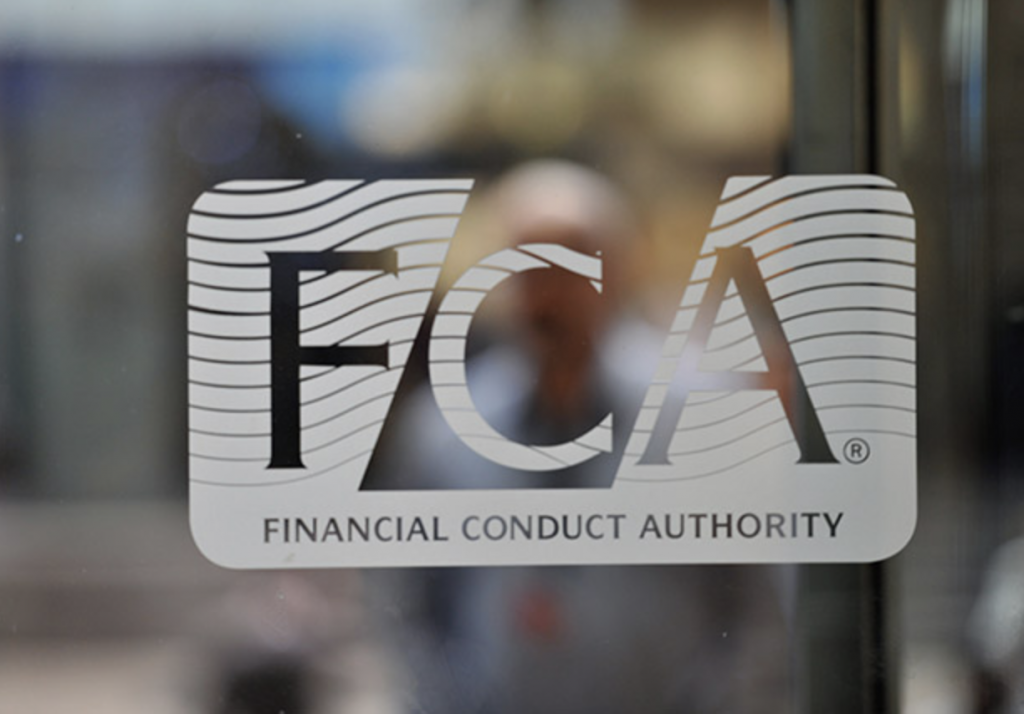The FCA has today provided an update on its polluter pays regulations, setting out its clear expectations that firms should take reasonable and verifiable steps to ensure any potential and actual redress liabilities have been considered, provisioned for and addressed.
This includes ensuring that the transferring firm has adequate run-off cover including putting capital aside in an escrow account while also ensuring any sale process or other assets have been ring-fenced to potentially pay for future redress.
It adds that it also expects firms to assess the risk of the advice given through robust files reviews and ongoing review of past advice.
It its guidance to firms the FCA said it is increasingly seeing firms trying to avoid potential or actual liabilities whilst still benefiting from the assets of the business. The FCA calls this ‘polluting behaviour’.
The FCA identified number of example of this. This includes:
- Basic phoenixing: this occurs when an authorised firm shuts down and a new firm emerges in its place, taking the previous firm’s assets with it. The previous firm ceases trading or is dissolved, often entering insolvency (liquidation, administration, or administrative receivership), leaving behind its unresolved consumer liabilities.
- Lifeboating : this is when a firm connected in some way to an existing authorised firm is used as a method of preserving assets. Lifeboats can be set up from scratch or acquired and may include appointed representative arrangements. A common use of lifeboats is where an existing authorised firm moves its customers over to a group company (the lifeboat) without any commitment to take on its liabilities. The polluting behaviour crystallises when the firm retaining the liabilities eventually dissolves, leaving unresolved customer liabilities.
- Fronting: this is a process whereby one or more individuals with a clean regulatory history are put forward as the controllers or managers of a firm in an authorisation application, when in reality these individuals are a ‘front’ for the real controllers or managers. The attempt to conceal usually centres on the poor regulatory record of an individual, which can include a record of closing firms and leaving liabilities behind.
Other issues identified include deliberately undervaluing the firms when selling, impacting the ability of the new firms to offer redress. In some cases the same individuals move firms so potentially still get the commission from the client bank sold. The FCA also highlighted issues around restructuring, where some firms attempt to hive off potential liabilities.
The FCA said a firm which causes the market to pay for its mistakes through the Financial Services Compensation Scheme (FSCS) levy or shifts that loss onto the customers damages the reputation of the market.
It says it wants polluters to pay for the liabilities that they create, so customers and market participants can feel confident about doing business with authorised firms.
Broadstone head of redress Brian Nimmo says: ““The latest update from the FCA on polluter pays regulations is another shot across the bows to ensure firms are making the requisite preparations when it comes to setting aside capital for potential and actual redress liabilities.
“There is a clear requirement for firms to have adequate financial resources to be able to provide redress which means assessing the risk in their book to calculate a redress value on that risk. This is likely to be a very challenging exercise so many firms begin planning now and considering the partners and expert advice they may need to comply with the regulations.
“We are still awaiting a response from the FCA on CP23/24 to establish clear guidance around what the FCA believes is an appropriate level of asset retention, but firms should certainly begin preparing immediately – they cannot say they haven’t been warned.”
